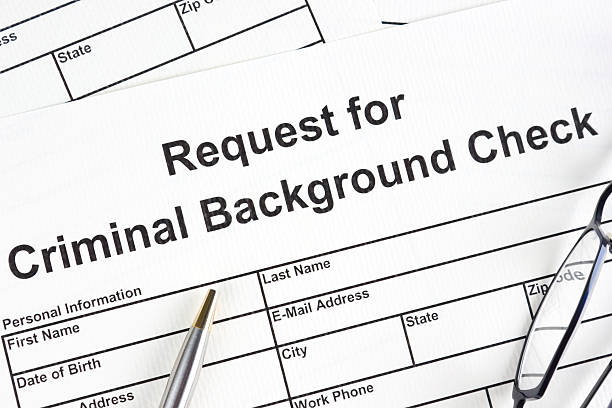Criminal background checks search national, state, county, and local courts for felony and misdemeanor convictions. They may also reveal arrests that did not result in convictions and pending criminal cases.
Employers need a comprehensive criminal record check to hire the right people. But they also need to ensure they stay in legal compliance.
Know Your Legal Obligations
A criminal history background check can be an important tool for employers who use employees in high-risk environments or with vulnerable populations, such as children or the elderly. These checks can help prevent future negligence claims if an employee harms a customer or client. However, employers must understand their legal obligations when conducting a criminal history background check. Employers must ensure they are not discriminating based on race, age, or other factors before taking adverse action against an applicant based on a background check. They must also ensure the investigation is relevant to the job and that they are not relying on arrests and pending cases or records that are sealed or expunged.
Some regions have “ban the box” laws that restrict when employers can ask about an applicant’s criminal record and what they can consider in making a hiring decision. For example, New York state law requires employers to get the applicant’s written consent before asking about a criminal history, and only after they make a conditional offer of employment can they review an applicant’s record.
Other laws, like San Francisco’s Fair Chance Act, prohibit employers from considering a person’s criminal history until they have made a final offer of employment and can verify the person is eligible for the position.
Conduct Background Checks in a Consistent Manner
Many institutions use criminal background checks as a standard part of their hiring process, particularly when candidates apply for positions requiring high trust or responsibility. This can help reduce the risk of negligent hiring lawsuits. In addition, criminal searches can reveal “red flags” that would preclude a candidate from working at your company, such as a record of violence or sex crimes.
During the background check process, all search results must be consistent. This includes criminal records, verifications of employment, education, and credentials. To help ensure consistency, your institution should rely on one or more reputable CRAs dedicated to running FCRA-compliant reports. A criminal background check should also reveal a person’s arrest and conviction history and any pending or open warrants. However, records of juvenile arrest and detention and certain types of convictions that have been sealed may not appear on a background report. Therefore, it’s vital to evaluate criminal history information on a case-by-case basis. A blanket ban on hiring people with a criminal history can run afoul of Title VII and other anti-discrimination laws.
Conduct Background Checks on Third Parties
Companies use criminal background checks to identify bad hires and protect against legal liability. They also check credit history to assess financial literacy and responsibility, especially for roles requiring sensitive material or money access. Private companies specializing in consumer reports can search for civil judgments, bankruptcy records, delinquent bills, and more. Landlords and risk-oriented lenders often use these services as well.
A criminal record is a list of contacts with the criminal justice system, including arrests, detentions, and convictions. Your FBI RAP sheet – a comprehensive record of your contacts with law enforcement agencies and the courts – is not available to employers unless you give permission or a federal court orders it. Instead, most employers rely on local and state criminal histories.
Many states have laws limiting when employers can ask about an applicant’s criminal convictions. Some have “ban the box” laws that prevent companies from asking about convictions on job applications or before the first interview. Other laws prohibit employers from making adverse decisions based on criminal records unless the conviction bears directly on the position at hand or is legally prohibited.
Employers need to consider these restrictions before implementing a screening process. If you need clarification on how the law applies to your business, it is best to consult with an attorney.
Report Background Check Results
Often, criminal history checks are at the heart of pre-employment vetting protocols. This is because identifying individuals with a record of committing crimes reduces the likelihood that those same individuals will commit crimes again on the job. However, this does not mean employers can access and use criminal information in hiring decisions. Some states have “ban the box” laws that regulate when an employer can ask about an applicant’s criminal record and may dictate a specific lookback period. In addition, many state and local laws may prohibit the disclosure of a record that has been sealed or expunged.
As such, relying on websites that promise free background checks could leave employers open to negligent hiring claims or costly fines. These sites rely on public records searches conducted by the court system to provide results, which only reveal pending arrests and convictions for cases that match an individual’s name and date of birth.




